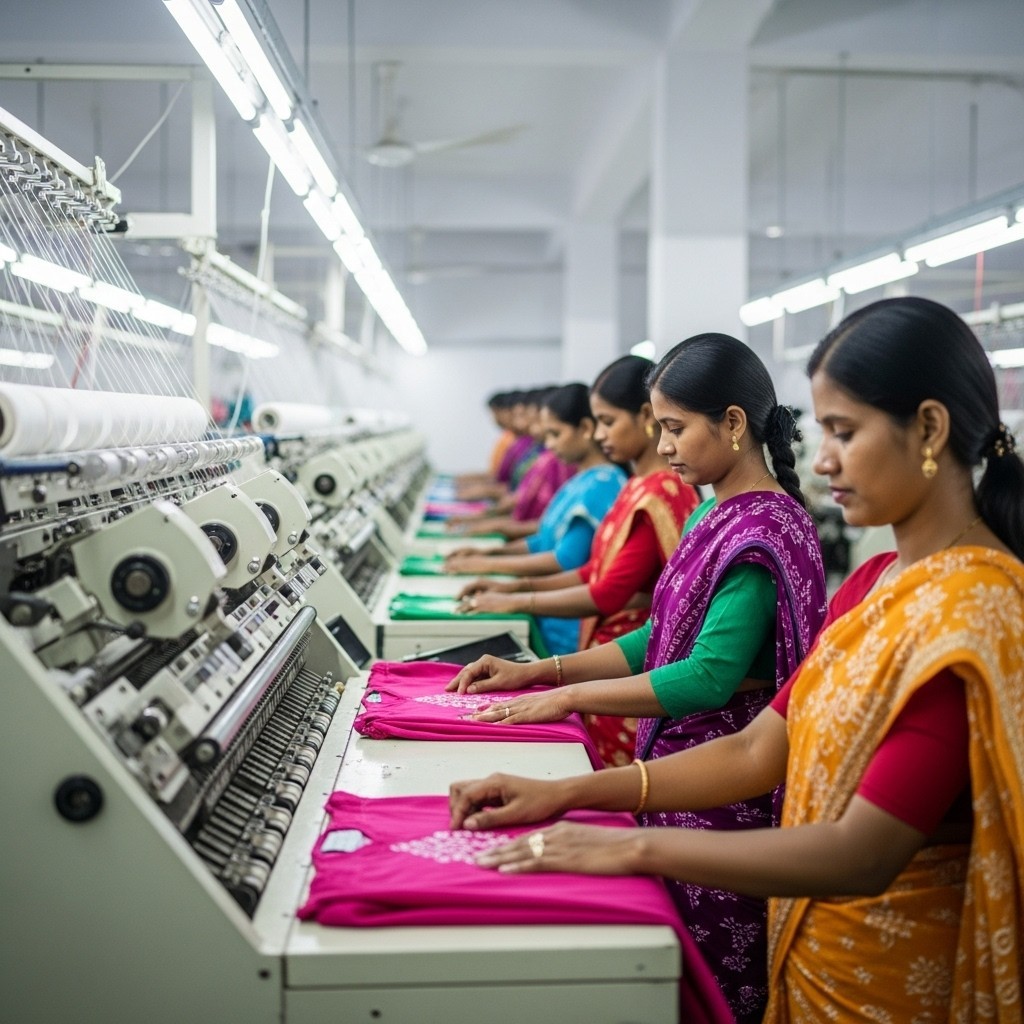Bangladesh is making remarkable strides in sustainable apparel manufacturing, establishing itself as a worldwide leader in environmentally responsible garment production. The country’s commitment to green manufacturing practices is transforming the global fashion industry and setting new standards for ethical production. The numbers speak for themselves when it comes to Bangladesh’s environmental leadership. Bangladesh is home to more than 240 green garment factories that are LEED-certified, making it the leading country globally in this regard. Of these, 62 rank among the top 100 facilities worldwide, and there are over 500 additional factories awaiting certification. This impressive achievement demonstrates how the nation has embraced sustainable manufacturing on an unprecedented scale. The transformation has been driven by strong partnerships between industry leaders and international organizations.In the year 2024, BGMEA entered into a partnership agreement with Cascale to promote coordinated sustainability actions throughout the supply chain. Following this, in 2025, the International Apparel Federation (IAF) along with the International Textile Manufacturers’ Federation (ITMF) initiated the Apparel and Textile Transformation Initiative (ATTI). These collaborative efforts are creating a comprehensive framework for sustainable practices throughout the industry. Bangladesh, recognized as the second-largest exporter of clothing in the world, is steadily becoming a major center for producing sustainable and value-added ready-made garments (RMG), as highlighted by Commerce Secretary Mahbubur Rahman. This recognition from government officials highlights how sustainability has become a core part of the nation’s economic strategy. The focus on sustainability is addressing urgent global challenges. The Sustainable Apparel Coalition (SAC) has set a target to reduce 45% of emissions by 2030 to help limit global warming to 1.5° Celsius (2.7° Fahrenheit). Bangladesh’s green factories are playing a crucial role in achieving these ambitious environmental goals. Beyond environmental benefits, sustainable manufacturing is creating economic opportunities for workers and communities. The 2024 Sustainable Apparel Forum (SAF) highlighted the importance of supporting fair work practices aimed at creating a more just, ethical, and eco-friendly fashion industry. This approach ensures that environmental progress goes hand in hand with social responsibility. The country’s success in sustainable manufacturing is attracting international attention and investment. In 2025, Bangladesh solidifies its position as a global leader in apparel manufacturing, attracting major brands and retailers from Europe, North America, and other key markets. Renowned for its highly skilled workforce, competitive production costs, and steadfast commitment to sustainability. Looking ahead, Bangladesh’s leadership in sustainable apparel manufacturing promises to reshape the global fashion industry. The country’s innovative approach to combining environmental responsibility with economic growth serves as a model for other developing nations. As more brands prioritize sustainability in their supply chains, Bangladesh’s green factories are perfectly positioned to meet this growing demand while creating jobs and protecting the environment for future generations.
Bangladesh Emerges as Global Champion in Eco-Friendly Clothing Production
51


